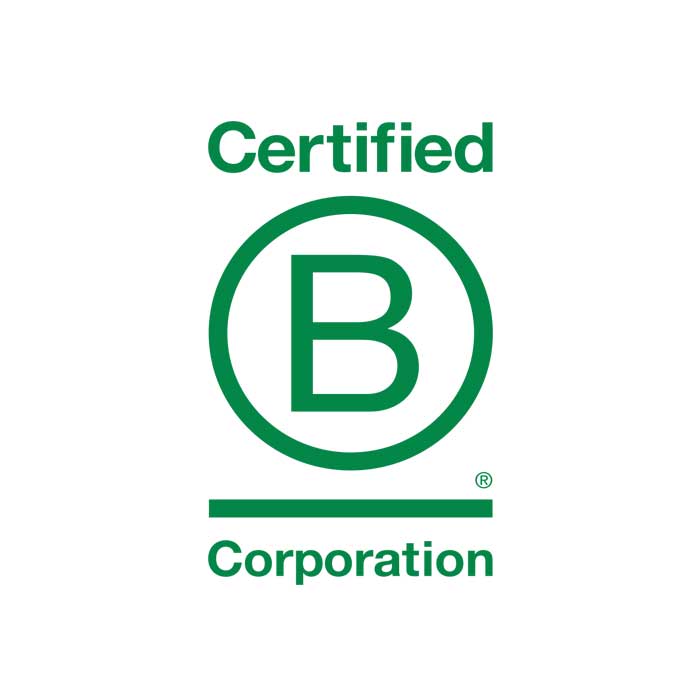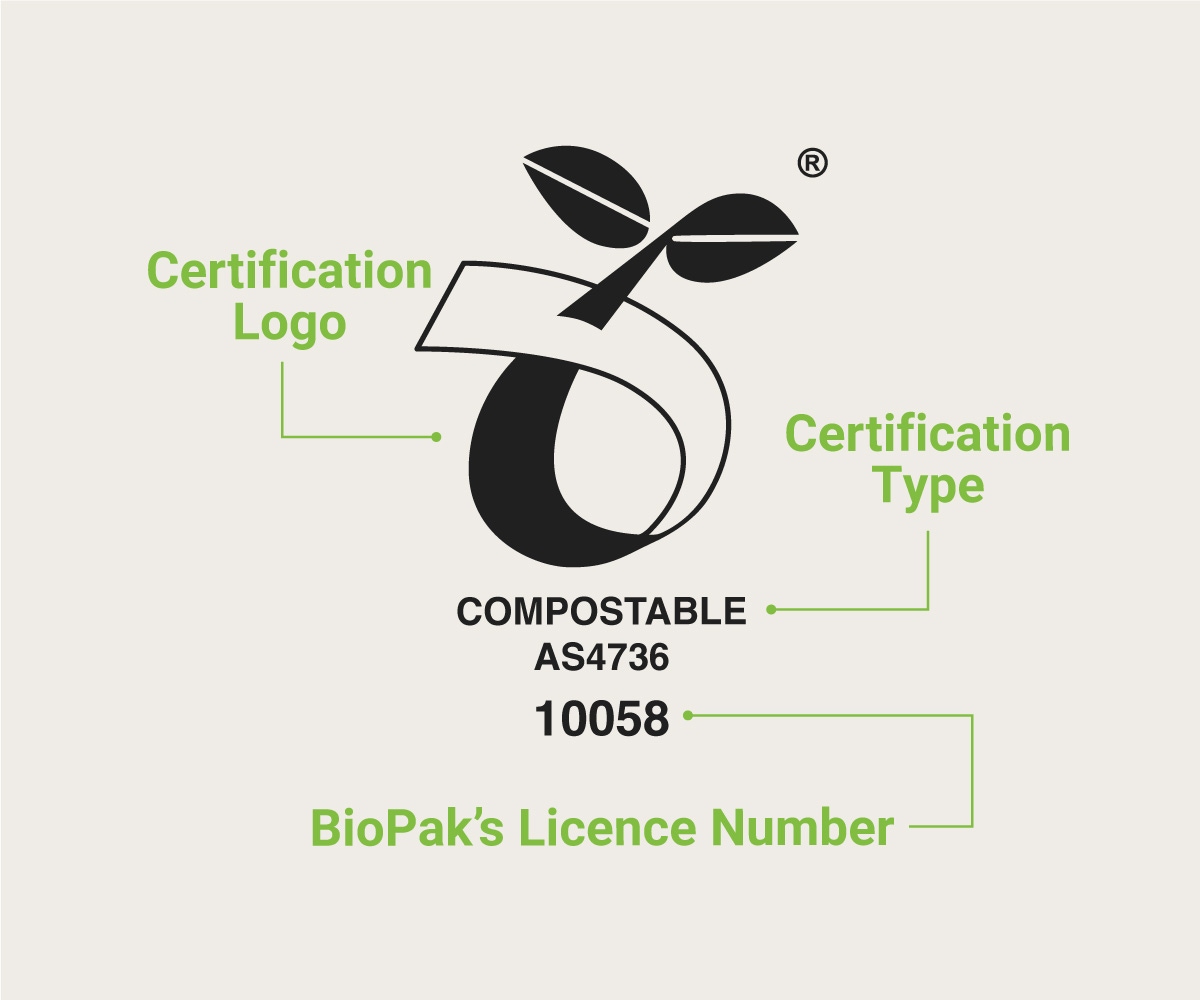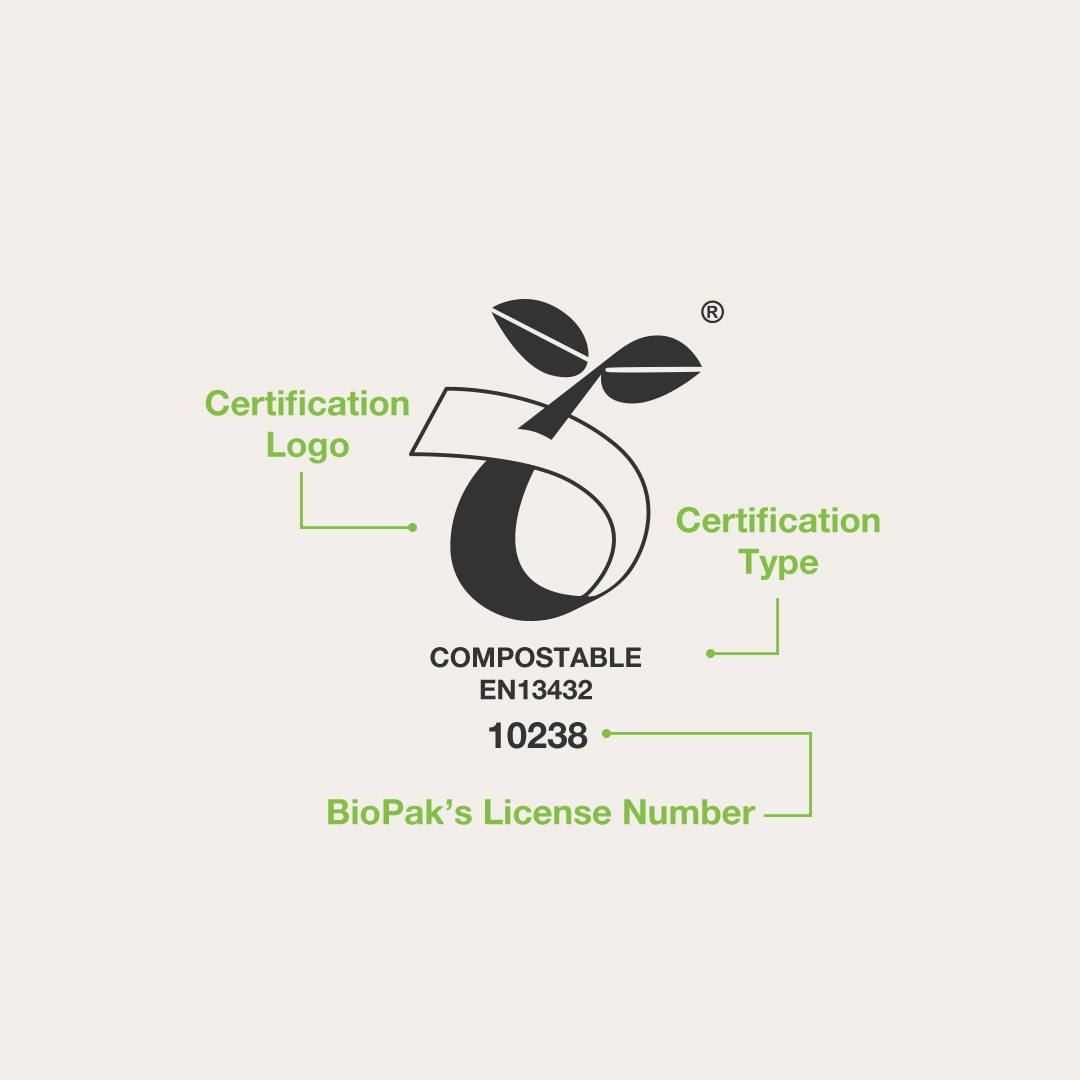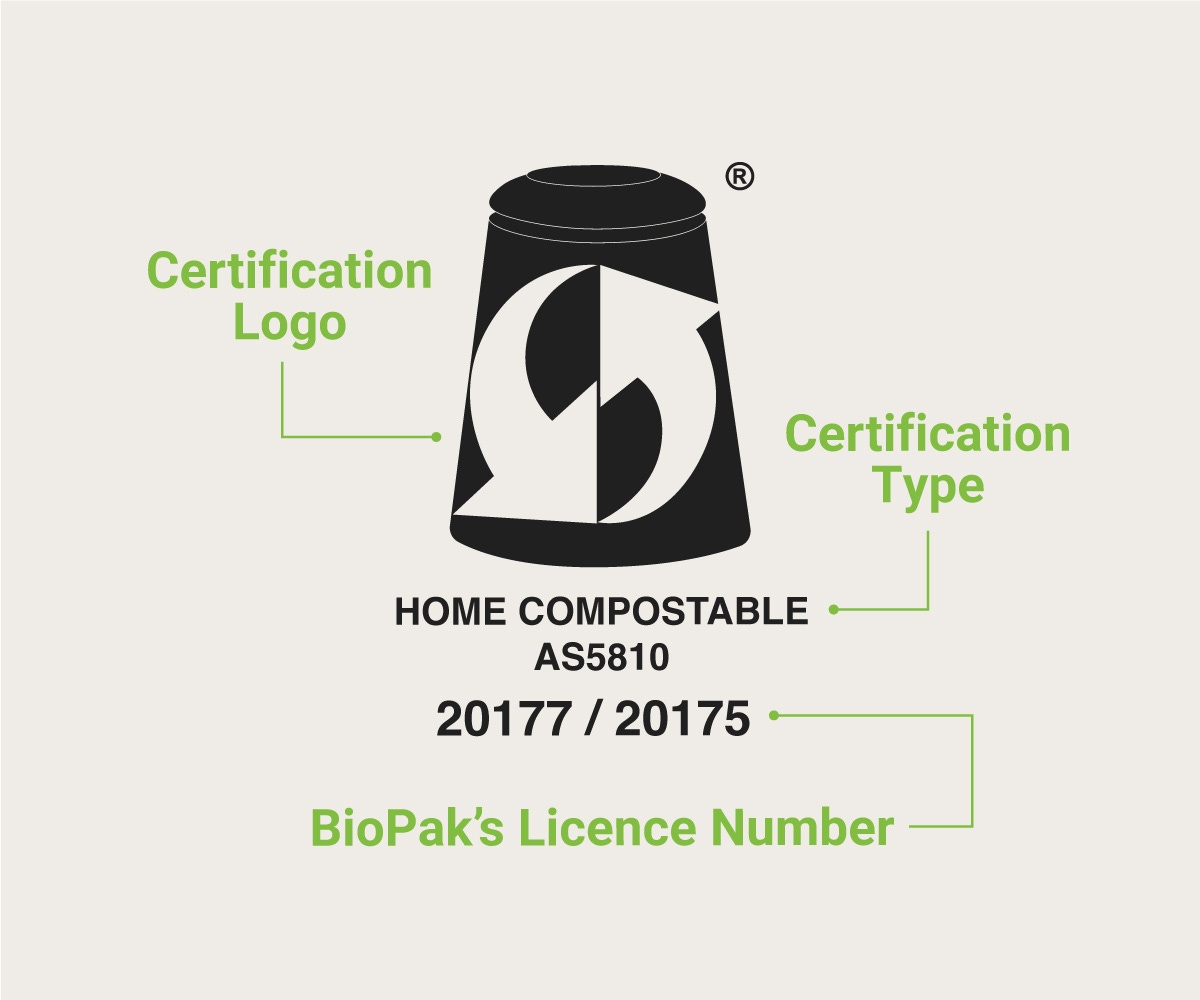When it comes to ‘sustainable’ products, you hear a lot of buzzwords thrown around. Think ‘sustainable’, ‘ethical’, ‘biodegradable’, ‘eco-friendly’ – the list goes on. However, without certifications or independent verification, how can you verify that the claim is true and not just greenwashing (intentional or not)?
If you’re new to the topic, greenwashing is when businesses make false or misleading environmental claims to capitalise on the good intentions of consumers. And greenwashing has consequences: individuals and organisations cannot make informed decisions about the products they want to buy.
This is where certifications come in.
How Do Certifications Help?
Certifications create transparency, helping businesses and consumers feel confident in the products and services they support.
Certifications demonstrate a company's commitment to quality, safety and sustainability. It confirms that a company's claims regarding its products, processes and social impacts have passed specific performance, sustainability and quality assurance tests.
By recognising the right certifications – the ones that are regulated and meet robust standards – consumers and business owners can shop and sell responsibly.
Not All Certifications Are Equal
Before we dive into some of the certifications to look for, it’s important to note that not all ‘certifications’ are created equally.
While certifications exist to give consumers clarity – some certifications can be unclear, misleading or fabricated. Here are a few examples:
- When businesses don’t go into detail on what the certification is or what it means, this could be made up, fabricated or exaggerated.
- Businesses may use certifications in a misleading way, like insinuating that it applies to a whole product range, instead of just the one product that has the certification.
- Businesses may use a standard certification (for example, the seedling logo that represents industrial composting) without referencing any certification licence beneath it (this could mean their company is not properly certified).
- Lastly, businesses might create their own ‘stamp’ misleading consumers into thinking their product is certified to some official standard.
What Certifications Does BioPak Have?
At BioPak, we’ve made sure our manufacturing facilities and products are certified to several local and international standards. This shows our commitment to doing the right thing – for people and the planet.
Let’s have a closer look at some of our certifications.
B Corp Certification


As a certified B Corporation, we’ve met verified higher levels of social and environmental performance, transparency and accountability. B Corporations, or B Corps, make decisions that make a positive impact for their workers, customers, suppliers, community, and the environment (source). Read our blog on what it means to be a B Corp.
Compostable Certifications
Our plant-based compostable foodservice packaging is certified compostable to Australian and European standards. There are two types of compostable standards you should look for: Home Compostable (AS5810 and NF T51-800) and Industrially Compostable (AS4736 and EN13432).
Let’s take a closer look at both.
What Is the Seedling Logo?
The seedling logo is a registered trademark owned by European Bioplastics and the Australasian Bioplastic Association. It proves that a product is certified industrially compostable according to the European and Australian standards EN13432 and AS4736. This means they can be sent to a commercial composting facility to rapidly biodegrade under controlled conditions, like specific temperature, moisture and oxygen levels.
For more information on the seedling logo, you can read the European Bioplastics Guidelines For The Use of The Seedling Logo or visit the ABA website for the Australian certifications.
This is an example of the seedling logo. Make sure you look for this logo AND the company’s sub-licence number stated underneath.




What Is the Home Compostable Logo?
The home compostable logo means a product is certified home compostable to Australian (AS5810) or European (NF T51-800) standards. This means they can be thrown into your backyard compost along with food scraps, grass clippings, leaves and other organic matter.
The Australian and New Zealand composting standards are similar to the European standards, only in Australia, products have to pass an additional ‘worm test’ to make sure there are no toxic effects on plants and earthworms.
This is an example of the home compostable logo under Australian and New Zealand standards. Make sure you look for this logo AND the company’s sub-licence number stated underneath.


This is an example of the home compostable logo under European standards. Make sure you look for this logo AND the company’s sub-licence number stated underneath.


ISO 14001 Environmental Management Systems


The majority of our suppliers' manufacturing facilities are certified to ISO 14001 Environmental Management Systems, and two are in the process of achieving certifications. This standard provides a framework that an organisation can implement to ensure the environmental impacts are considered and managed during the manufacturing process.
Our ultimate goal is to achieve ISO1400 certification for 100 per cent of our manufacturing facilities by 2025.
ISO9001 Quality Certification
ISO 9001:2015 specifies requirements for a quality management system, helping organisations meet customer and other stakeholder needs.
It’s used when an organisation:
a) needs to demonstrate its ability to consistently provide products and services that meet customer and applicable statutory and regulatory requirements, and
b) aims to enhance customer satisfaction through the effective application of the system, including processes for improvement of the system and the assurance of conformity to customer and applicable statutory and regulatory requirements.
All the requirements of ISO 9001:2015 are generic and are intended to be applicable to any organisation, regardless of its type or size or the products and services it provides. (Source)
HACCP Food Safety Certification


HACCP (Hazard Analysis and Critical Control Point) is an internationally recognised standard that defines the requirements for effective food safety control. It should be applied while manufacturing food, ingredients and beverages and is a key element of the CODEX General Principles of Food Hygiene. (Source)
BRC Ethical Accreditation


BRC certification is a globally recognised program for meeting food quality and safety standards. It covers areas such as:
- Gluten-free manufacturing
- Plant-based products
- Ethical trade and responsible sourcing
- Food storage and distribution
- Safe packaging materials
To become BRC certified, a facility must attend training courses and undergo a multi-day audit by a registered certification body. Only when certified can a website display its BRCGS credentials.
FSC™ Certified Paper and Wood Products


Our packaging solutions are made from rapidly renewable, sustainably sourced materials – like FSC™ certified paper and birchwood. We use FSC™ certified paper for our compostable paper straws and birchwood for our takeaway cutlery.
The Forest Stewardship Council™ is a non-profit organisation that acts to promote the responsible management of the world’s forests. Products with the FSC™ certification signify that the material has been sourced from responsibly managed plantations.
Read more about what the FSC™ certification means.
The Final Word: Certifications Matter
Any product or company can claim they’re doing good for people and the planet, but these claims don’t mean anything without proof.
To meet the certifications above, companies and products have to go through stringent, time-consuming and costly test regimes. But it’s worth it, because the use of the correct logo and certifications shows a brand’s commitment to doing the right thing.
This is why we - as consumers - should learn what these certifications represent, how to read them, and when to look for a company licence number. That way, we can support companies with trustworthy certifications committed to doing the right thing.












